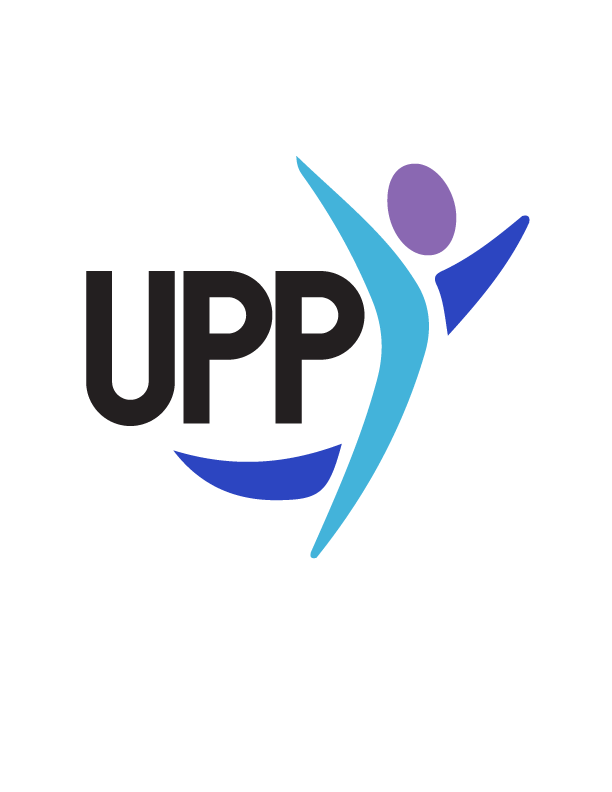WEEK 2- Introduction to Accomplishment (3 hard things)
Equipment Required
Pen and Paper
PERMAH Element
Accomplishment and Positive emotion
Teachers to read and facilitate the following:
Rationale
Accomplishment refers to something that has been achieved successfully. For wellbeing, this “something” needs to matter to us. What matters is going to be different for everyone. It might mean winning an award, being proud of a task that you did, or responding in a way that makes you feel good. Research has found that the happiest people pursue clear goals that are outside their comfort zone (Adams Miller, 2017). Also, there are links between positive accomplishment, flourishing, positive emotions and wellbeing (Norrish, Williams, O’Connor, Robinson, 2013; Sheldon et al., 2010). Basically, when we accomplish things, we feel good. When it comes to accomplishing the things that matter to you, more important than your abilities, is the belief that you can improve (McQuaid and Kern, 2017). The reality is, we can all improve our current ability through effective effort.
Description of Personal Wellbeing Practice: Three Hard Things
When we feel like we have overcome hard things, this tends to build our self confidence and experience of mastery. We are therefore, more likely to persevere toward cherished goals (Adams Miller, 2017).
Write down the following:
Record three hard things that you have done recently. (eg started at a new school; spoke to someone in my class that I didn’t know; attempted a sport I’ve never tried before; asked a question in class when I didn’t understand).
Explain what made each of them difficult.
Include how you did them and what strengths you used.
Main message:
Accomplishment involves striving for and achieving meaningful outcomes. Doing hard things that challenge you is one way to grow your abilities and confidence. “If it doesn’t challenge you, it won’t change you”- Fred Devito.
UPP’s Personal Wellbeing Practices
A Personal Wellbeing Practice (PWP) is an evidenced-based positive psychology intervention, applied in school communities or other educational settings. At UPP, we have tried to make these PWP’s simple, concise and relevant for students and their teachers. The six elements for the Personal Wellbeing Practices are: Positive emotion (P); Engagement (E); Relationships (R); Meaning (M); Accomplishment (A); and, Health (H).
We hope that these evidence-based tools of positive psychology will enhance help people to thrive and live their best life, both within and beyond the school gates.
For more activities like this (and much more), check out THRIVE Online Lesson Modules for Pastoral Care and Wellbeing.
Unleashing Personal Potential

